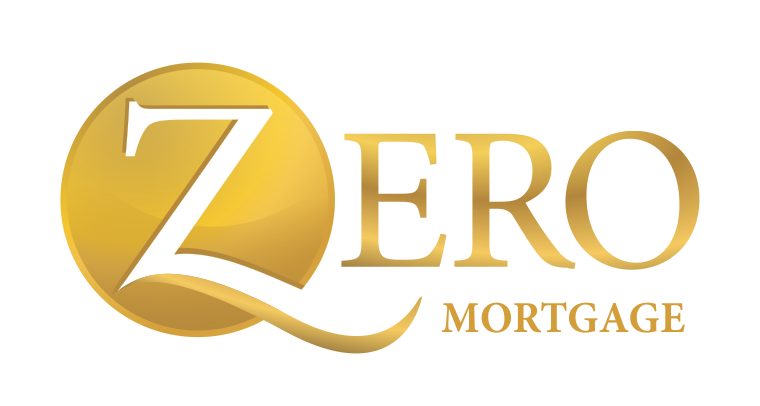Tuesday 3rd January 2023
The Home Buyer’s Guide to Mortgage Jargon

So, you’re in the market for a mortgage? Whether you’re a first-time home buyer or experienced investor, it’s important to know the mortgage broker jargon. This will help you understand what your mortgage broker is saying and make the best decisions for your needs. In this blog post, we’ll define some of the most common mortgage broker terms. We’ll also explain what each term means in plain English. Let’s get started!
Mortgage Broker: A mortgage broker is a professional who helps match borrowers with mortgage lenders. They will help you compare loan products and rates, guide you through the mortgage process, and complete paperwork on your behalf.
Pre-Qualification vs Pre-Approval: Pre-qualification is when a mortgage broker estimates how much mortgage you are eligible for based on your credit score and other financial data. Pre-approval is when a mortgage lender has approved you at a certain mortgage amount, usually after an initial review of your mortgage application and supporting documents.
Interest Rate: This is the rate that the mortgage lender charges you for borrowing money. The lower the interest rate, the less money you will have to pay in mortgage payments each month.
Mortgage Rate Lock: A mortgage rate lock is a commitment from your mortgage lender to give you a certain mortgage interest rate for a period of time– usually 30-60 days. This protects you from potential rate increases during that time period.
Loan-to-Value Ratio (LVR): This is the mortgage amount divided by the appraised value of your home. The lower the LVR, the less you will need to borrow for a mortgage and the more favourable mortgage terms you may receive.
Closing Costs: Closing costs are fees associated with closing on a mortgage loan and typically include mortgage origination fees, appraisal fees, title insurance, and other miscellaneous charges.
Lenders Mortgage Insurance (LMI): LMI is an insurance that protects the mortgage lender in case of default. This is usually required if your down payment is less than 20% of the purchase price.
As you can see, mortgage broker jargon is complex, but understanding the basics can help you make informed mortgage decisions. If you have any other mortgage broker-related questions, feel free to reach out to a mortgage professional for more information. Good luck with your mortgage journey!

